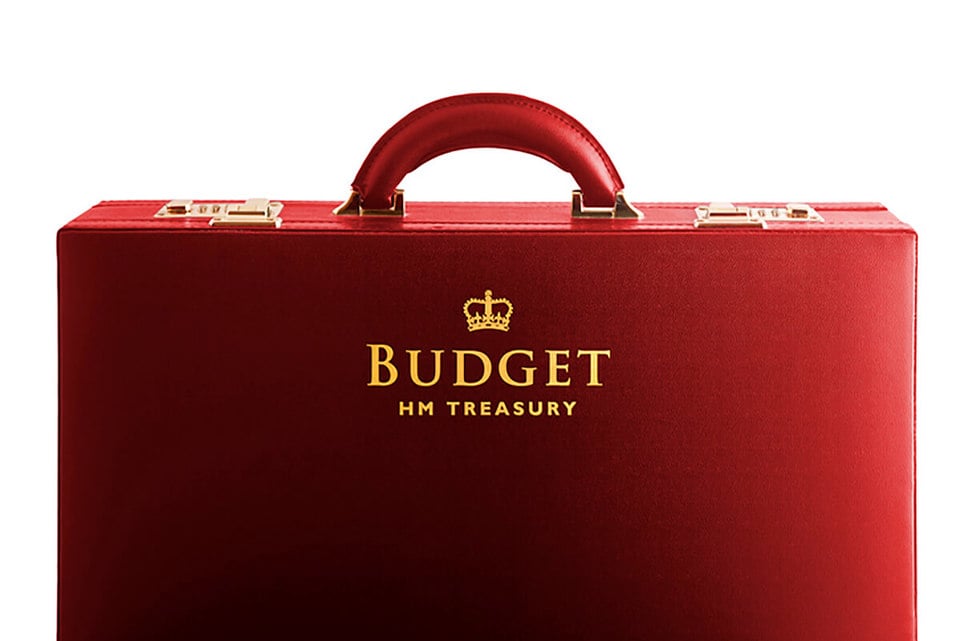Speculation is mounting as to what will be in the Budget on Wednesday, March 21, and the tax changes that may impact on fleets.
Record pump prices have resulted in calls to cut a hike in fuel duty planned for August, but with the Treasury having already scrapped one increase and postponed another, Chancellor George Osborne looks unlikely to act.
Campaigners have also been calling for a deferral of a planned 20p per litre tax increase on sustainable biodiesel produced from used cooking oil. More than 1,000 London taxis and approximately 10% of the UK’s HGV fleet uses biodiesel produced this way.
However, even with PricewaterhouseCoopers (PwC) predicting the Chancellor will borrow £7 billion less than expected this year, economists don’t expect any headline-grabbing giveaways.
PwC’s UK Economic Forecast predicts £120bn net borrowing in 2011/12, compared with the £127bn expected by the Office for Budget Responsibility. It also forecasts that Osborne will meet his targets of balancing the books by 2016/17 and of getting total debt on a downward trajectory by the time of the 2015 General Election.
The one-off public borrowing undershoot will give the chancellor leeway to consider using his Budget to implement supply-side reforms – such as investment in infrastructure, education and research, tax cuts and deregulation – to secure long-term economic growth, said PwC.
Fleets will at least learn new company car tax benefit rates for 2014/15. However, it is known the qualifying low emission car (QUALEC) threshold is being withdrawn from April.
Paul Lippitt, principal consultant at Lex Autolease, said: “The new tax year is the real landmark date in this year’s fleet calendar, given that both employers and employees will be affected by changes to the benefit-in-kind (BIK) charge system for company cars as a result of the decision to lower the CO2 limit for the starting rate of company car tax from 120g/km to 99g/km.”
Lex Autolease expects more than four out of 10 company cars will see increased fleet and driver costs when the threshold is abolished, read more.
Lippitt continued: “If you’ve not informed your drivers, do so now. They could be paying upwards of £200 more per year. If your business has not accounted for the increased National Insurance contributions, look at mitigating the impact in the short term by encouraging more drivers to opt for sub-100g/km vehicles.”
However, to put this in context, a £200 annual increase represents a drop in monthly take-home pay of less than £17.
ACFO has labelled the changes unfair to employees who drive low emission models, while drivers of high emission cars are increasingly finding their tax bills unchanged.
Since the introduction of a CO2 emissions-based company car tax system in April 2002, drivers have paid BIK tax on a scale charge ranging from 15% to 35% of the list price of their vehicle, although reduced payments have applied for models emitting 120g/km and below.
On April 6 the lower end of the scale charge system is being revised, which will see the scale charges ranging from 10% to 35%. That means drivers at the wheel of company cars emitting 115 to 119g/km will see their benefit-in-kind tax bills rise as vehicles are catapulted into the 14% tax bracket from the 10% threshold (17% from 13% for diesel).
Meanwhile, drivers of 120g/km models will have to fund a 50% rise as vehicles move into the 15% bracket (diesel: 18%).
Drivers of cars with emissions of 121 to 124g/km will see no increase in their tax bills as vehicles will remain in the 15% tax bracket, while those with cars emitting 125g/km or higher will see bills rise as emission thresholds tighten 1%.
However, the 2012/13 tightening of company car benefit-in-kind tax thresholds means that employees at the wheel of cars with a CO2 figure of 225g/km and above (210g/km and above for diesel) will see no change in their tax bills.
SMMT new car sales figures reveal that in 2010 more than 50,000 cars were registered with CO2 emissions at 226g/km and above and a further 45,371 with emissions of between 201g/km and 225g/km.
ACFO chairman Julie Jenner said: “We believe this is unfair and perhaps it is time for the Government to consider other tax threshold adjustments rather than simply tightening the screw at the lower end on a seemingly annual basis.”
Osborne will deliver his Budget statement on Wednesday, March 21, at 12.30pm. Follow the Budget live online at www.fleetnews.co.uk, with comment and analysis.




















Login to comment
Comments
No comments have been made yet.